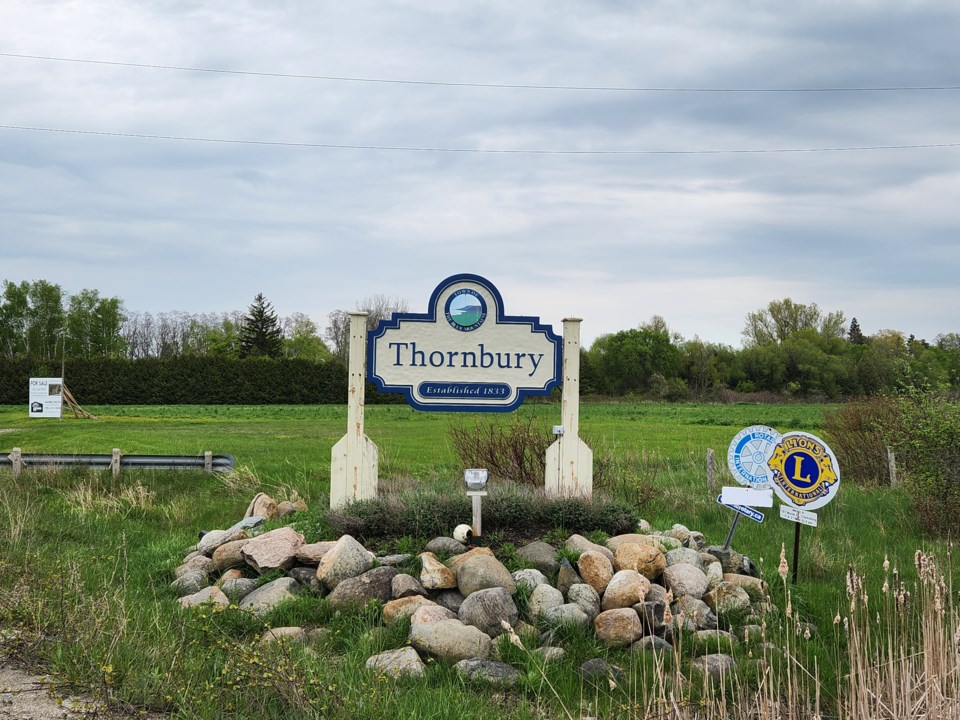A new rule proposed by Town of The Blue Mountains staff would prohibit new single-detached dwellings from being built on vacant properties in town without special permission from the town through a public process.
The change is part of a package of suggestions for zoning bylaw changes meant to keep sites within the developed towns open for future, higher-density infill development.
Infill development refers to housing projects built on land that is open but within the town's settlement areas where residential neighbourhoods have already been established.
On May 14, the town held a public meeting to receive comments about a proposed town-wide zoning bylaw update that would place some restrictions on the use of lands zoned development (D).
The measures the town is considering are meant to keep land in the development zone in a state where future development is still possible.
Town Planner Carter Triana explained that the town has seen single detached dwellings built on development land in the middle of a larger property. The impact of this kind of development prevents future infilling possibilities on larger properties.
“The town is seeking an interim solution to avoid a development pattern we’ve seen,” said Triana.
The changes are also meant to simplify the process for the town and property owners. Triana noted that in the Thornbury and Collingwood Township zoning bylaws, both of which are decades old, town planning staff and property owners have to be aware of 59 different zones.
“These are very old planning documents. We’re trying to make the zones more clear for staff and the public,” said Triana.
Development zones are lands that have been zoned for future development in a community’s primary settlement areas.
The measures in the proposed zoning change include:
- Additional residential units are added as a permitted use.
- Existing uses are permitted to continue.
- Any modifications to main buildings must continue to meet the setbacks and height standards as established at the time of the By-law being passed.
- Construction of new single detached dwellings on vacant properties are prohibited.
- New accessory buildings and structures and additional residential units can be constructed in accordance with the relevant zoning provisions applicable to those uses.
The prohibition of new single detached dwellings on vacant properties in the development zone was a flash point at the meeting. Several property owners sent letters to council opposing this measure.
Triana explained that the measure is not a blanket prohibition on new single detached dwellings in those zones, rather those property owners would have to apply for a zoning bylaw amendment to proceed, which would give the town a degree of control over where a dwelling would be located on the property. Triana said the control measure is meant to ensure that a dwelling on a development lot “doesn’t compromise the future developability of that lot.”
“The impacts of these proposed changes are mainly on vacant properties,” he said. “A dwelling would require additional approvals.”
Triana said there are options for the town to consider in terms of how it wants to move forward. He said the town could require a rezoning process for a dwelling to be built on vacant development land. This places the onus on the property owner to make a zoning change in order to build a home on the property. It requires a public meeting and decisions can be appealed.
The town could also consider pre-zoning for future development. Triana said the pre-zoning process is more complex and requires a great deal of work. The town would essentially have to look at each property on an individual basis to proceed.
Council did not make any decisions on the matter at the meeting. Town staff will consider the comments at the meeting and come back to council with a future report with a recommendation. The report should be at council’s committee of the whole meeting on June 11. More information about the proposed change can be found here.



